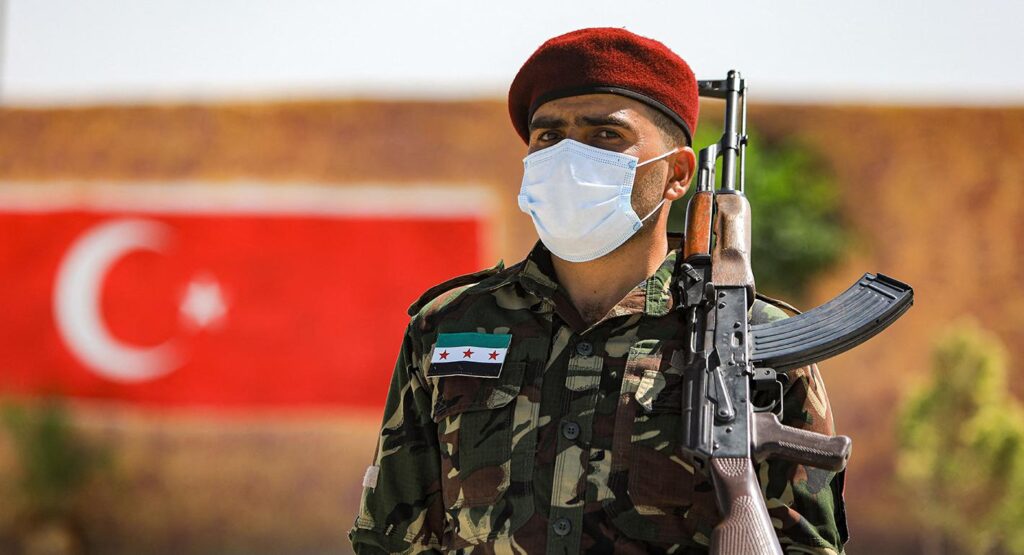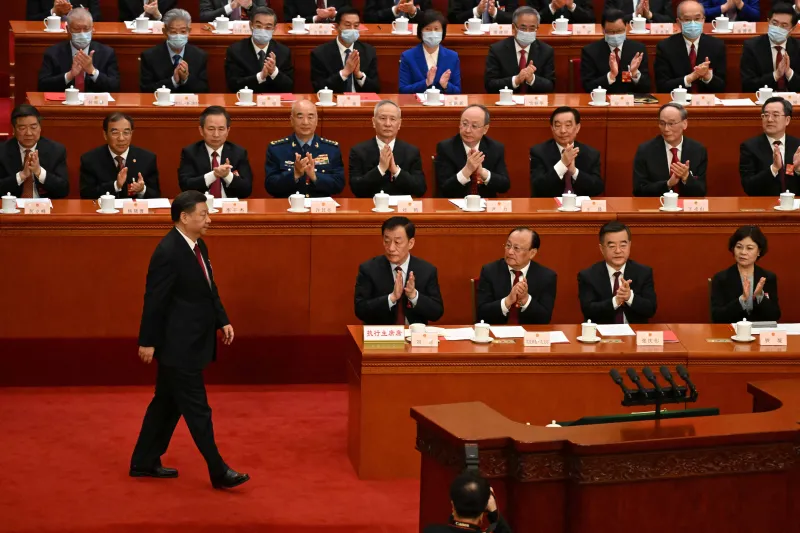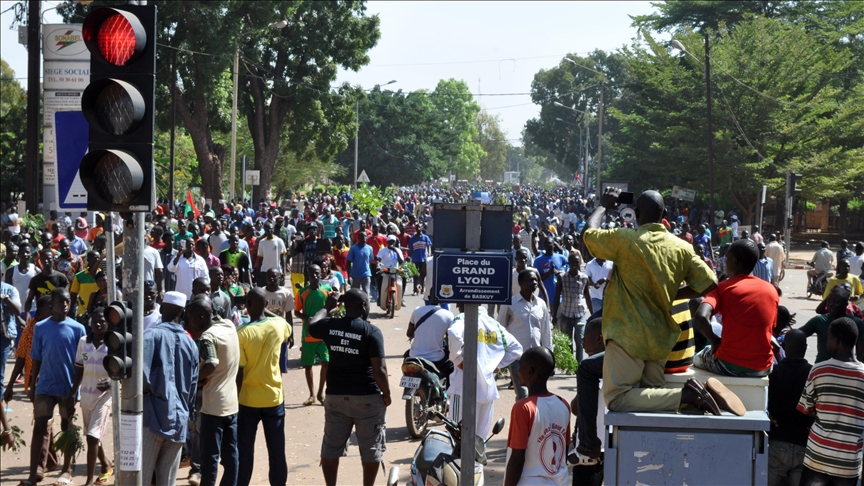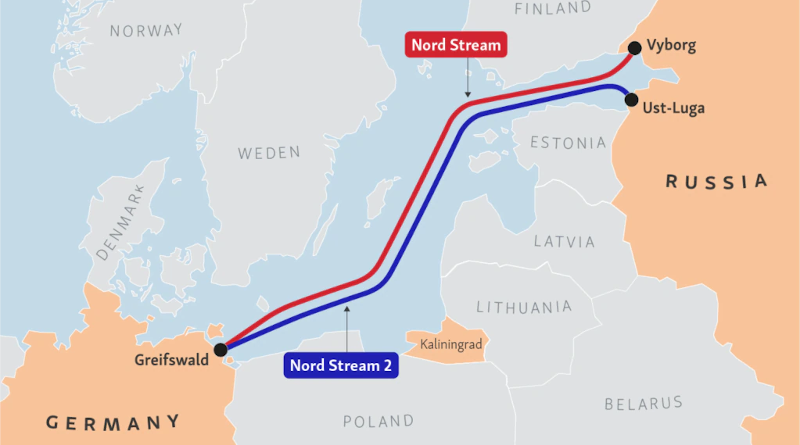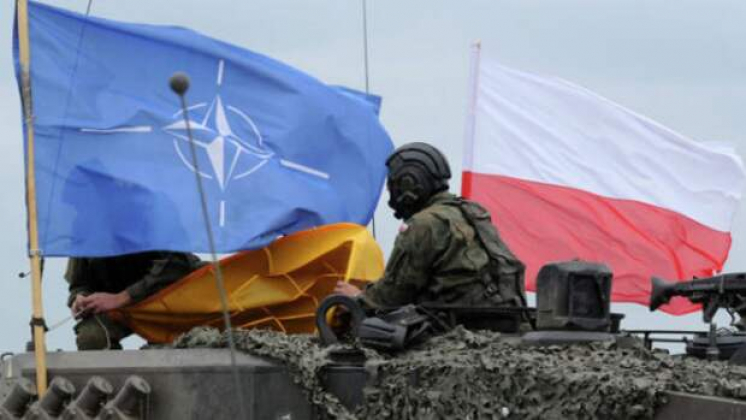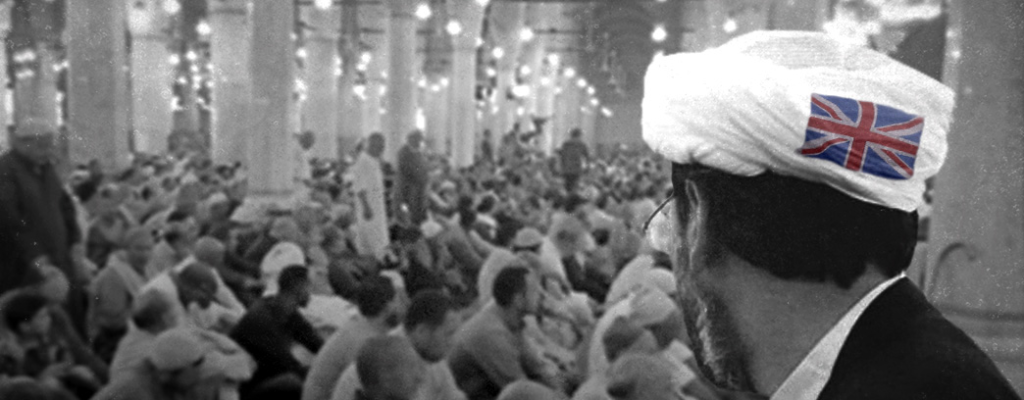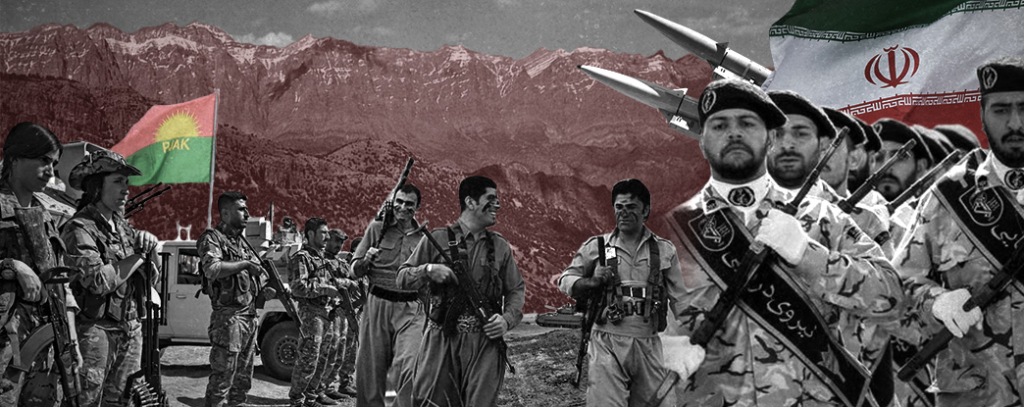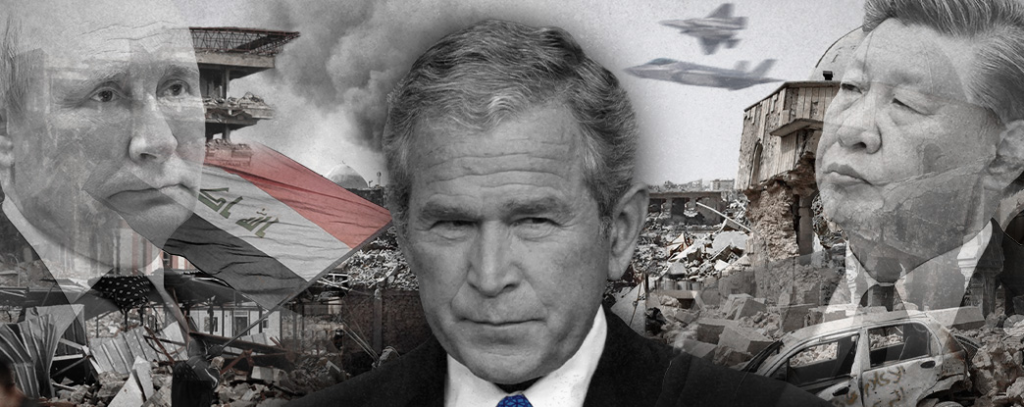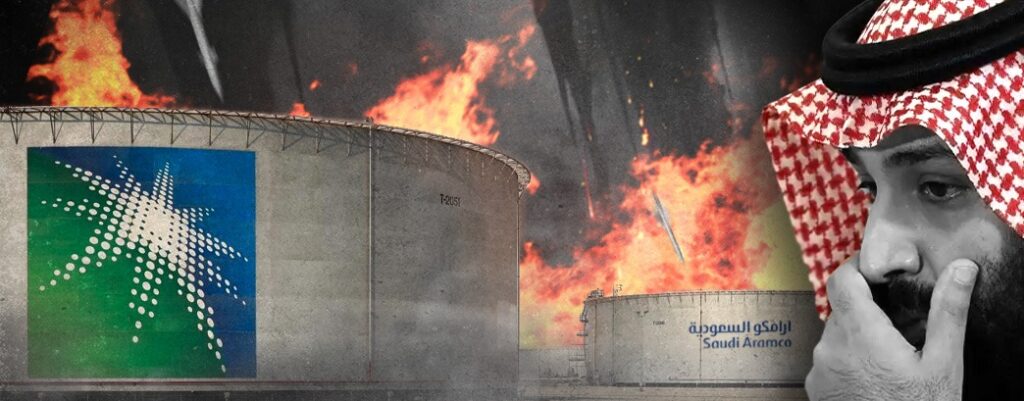Going Beyond Mercenaries: Is Prigozhin Preparing For A Power Struggle In Russia? (Part II) – Analysis
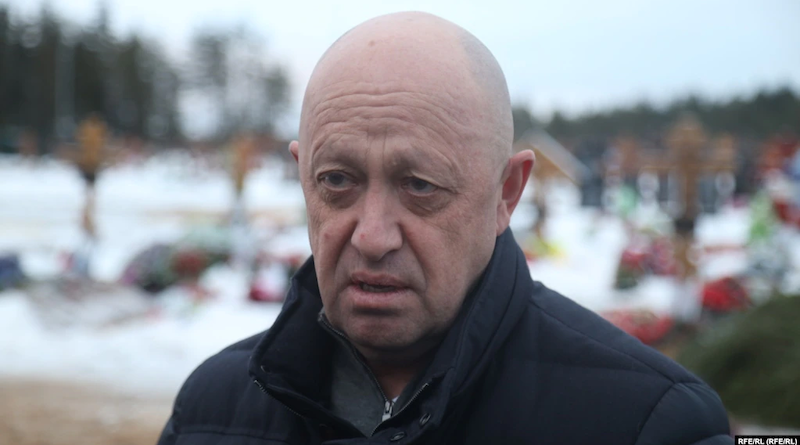
Russia’s full-scale war of aggression against Ukraine, launched on February 24, 2022, has elevated the public image and even popularity of the notorious Wagner Group and its sponsor Yevgeny Prigozhin in Russia. (Click here to read part one)

